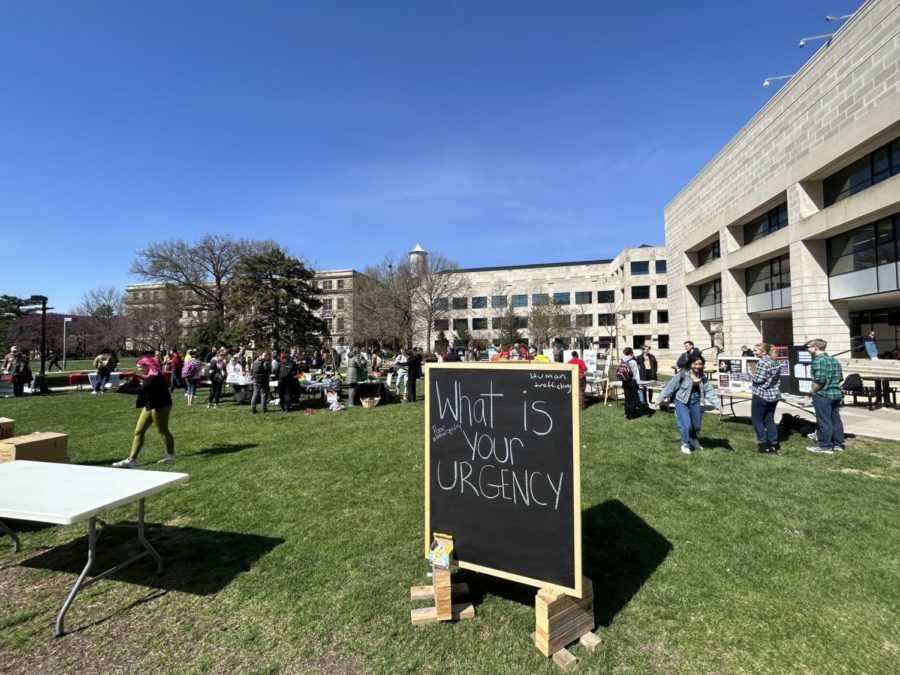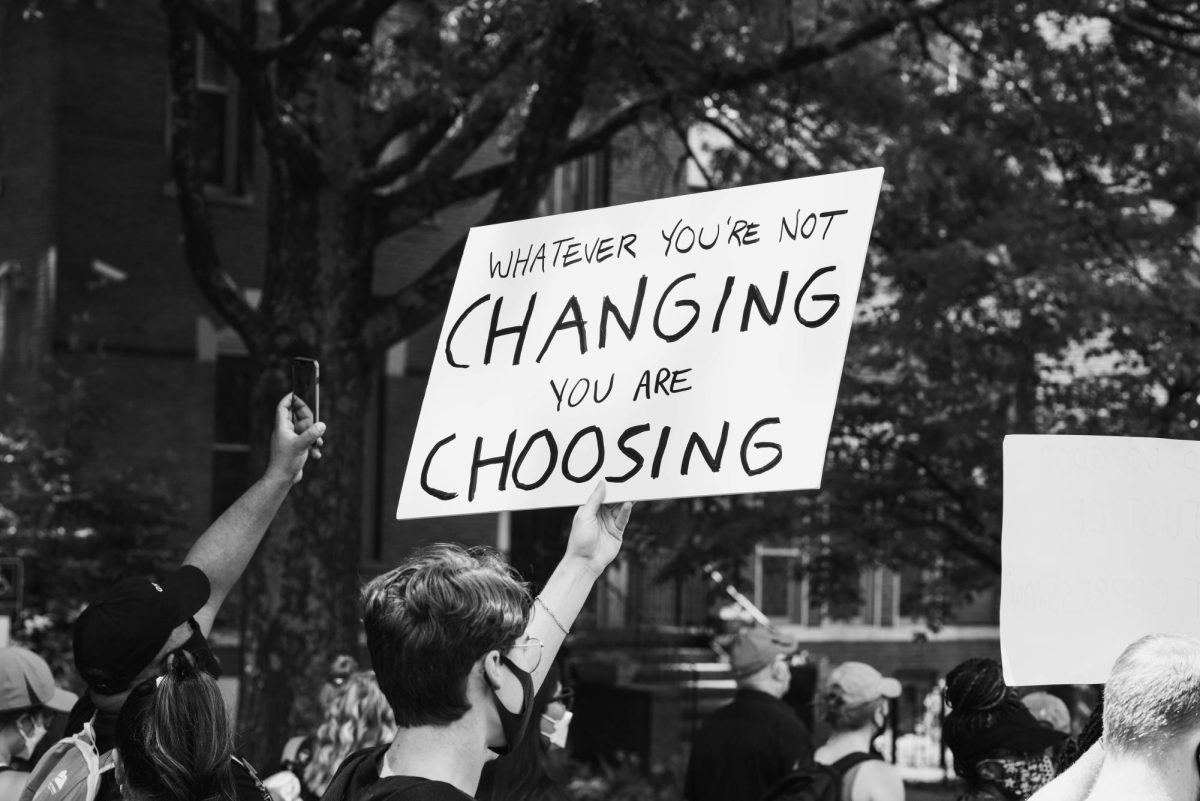Belding: Everyone needs to leave the Supreme Court alone as it considers arguments
March 28, 2012
Everyone lobbying the Supreme Court to rule in favor of or against the Patient Protection and Affordable Care Act (“Obamacare”) is acting totally irrelevantly. The judiciary is supposed to be independent of political forces such as popular opinion. The Supreme Court deals in constitutionality; it should be independent of fleeting political whims. When dealing with the Constitution, there is a right or wrong answer to a question. It is not like politics. It is law.
Pressuring the Supreme Court to rule this way or that simply because one disagrees with the law as policy, or on the basis of its popularity, is totally anathema to the principles that led to and inform our Constitution, our political system and our United States. By the founders’ design, federal judges are appointed by the executive, not the legislative branch; confirmed by the most durable part of the legislative branch, the Senate; and serve for life.
In deciding the constitutionality of actions, the Supreme Court decides which powers are legitimate and which are not. Recently, I wrote about the uncompromising nature of rights; today, I say that authority is also uncompromising: It either exists or it does not. There is no debating it; there is only deciding.
And currently, the Supreme Court is engaged in deciding the constitutionality of a requirement that everyone either buy health insurance or pay a fine.
We leave the legal profession to its own devices. As a country, we have decided that practicing law is a profession that requires a certain level of competence, and we have decided to let the members of that profession establish the requirements for learning law, practicing law and staying in the legal profession.
So as if it matters at all, as if it has any bearing on a court insulated on purpose from popular pressures, CNN recently polled 1,000 Americans and found that 23 percent “want the Supreme Court to leave the current law as is,” 43 percent think “some provisions should be overturned” and 30 percent believe “the justices should overturn the entire measure.”
Similarly, members of the tea party protested on Capitol Hill over the weekend to advocate striking the law down as unconstitutional, Politico reported. Part of that report is a description of former Republican candidate for president Herman Cain’s speech and its contents. Speaking to the crowd, he railed against the health insurance reform law very much out of policy arguments. Other groups will protest for and against the law throughout the days in which the Supreme Court hears arguments on it.
The Supreme Court is not the place to argue about policy.
While their functions are completely dissimilar, the Supreme Court and Congress do have at least one thing in common: Paying attention to wide audiences leads to a decline in the quality of debate as members concentrate on scoring publicity points with the crowd rather than actually debating the issue with their peers.
At the very least, we should be consistent. James Madison observed in 1787 that “No man is allowed to be a judge in his own cause, because his interest would certainly bias his judgment, and, not improbably, corrupt his integrity.” More than two centuries later, we continue the tradition of not allowing people interested in the outcome of a case sit on the jury that judges it.
Madison and his collaborator on the Federalist Papers, Alexander Hamilton, spelled out their views on the judiciary in later essays on the Constitution. They almost violently supported judicial review of laws’ constitutionality and judicial independence from political forces. We should not, however, mistake their view from 1787 as one that is old and antiquated.
It is still alive today: Iowa Chief Justice Mark Cady, on a visit last week to Ames, also touched on the imperative that is judicial independence. To do their job of making “sure that [the] Constitution is followed,” Cady said, justices and the courts need to be outside “the reach of the majority.”
The Supreme Court receives bad press because it gives the impression that our nine justices are gods of constitutionality who deliver opinions from on high that make little sense and offend our political sensibilities. The Supreme Court does not allow cameras into or radio broadcasts of its hearings, nor can reporters and audience members use technologies such as social media or wireless Internet to post information about the proceedings before the proceedings are completed.
Even so, according to a C-SPAN poll of 1,000 adults reported on by NPR last week, 95 percent of Americans think that the Supreme Court’s workings “should be more open and transparent.” Believers in televising oral arguments composed 74 percent of those surveyed, and “86 percent strongly or somewhat supported coverage of health care cases’ oral arguments.”
Time stops in Supreme Court hearings.
It should stop. Politics is as much a verb that describes an activity as it is a noun that describes a thing. Before we can do politics, we need to know politics’ limits; we have to define it. To define it, we created a body immune from it. It would do no good if the arbiter of the extent to which politics controls our lives was political.
If we let the Supreme Court justices worry about constitutionality, we can worry about crafting good policy that fixes — or at least is a step toward fixing — problems such as social polarization between religion and socialism, an ever-widening income gap that minimizes any real economic gains among the poor, truly abysmal education at all levels or pollution and dependence on unclean energy sources.
















